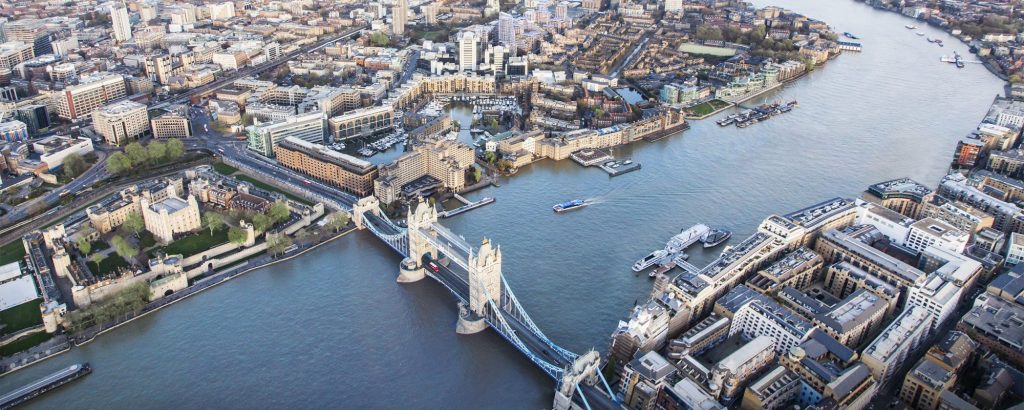
It can be really difficult to find all the funds necessary to buy a property in Scotland, whether you’re a first-time buyer or looking to move home. Luckily, there are numerous schemes available providing financial help and we’ve detailed them here for you.
First Home Fund
Introduced in 2019 to help first-time buyers get a foot on the property ladder, the First Home Fund is provided by the Scottish Government. It gives first-time buyers up to £25,000 towards their first home.
How does it work?
You need to have a deposit of at least 5% of the property value to put down and you must be applying for a mortgage. You can be a single or joint applicant but only one application is granted per property.
As the funding is made by the government, it means they then own part of your property. So, for example, if you purchase your first home in Trinity, Edinburgh, for £200,000 and receive £25,000 via the fund, the Scottish Government will own a 12.5% share of your property. At the point you decide to sell it in the future, the government receives their share of the sale proceeds. You can increase your equity share over time so that you own your home outright. This must be done in 5% increments.
Due to such a huge demand for help under this scheme, the First Home Fund has temporarily closed for applications in the current financial year. However, the scheme will reopen for new applications in the new year to accommodate purchases set to complete in the next financial year.
Help to Buy (Scotland) Affordable New Build
If you’re looking to buy a newly built home but need a helping hand with the cost, the Help to Buy (Scotland) Affordable New Build scheme might be the solution. Under this scheme, the Scottish Government gives first-time buyers and existing homeowners up to 15% of a new-build property’s price.
What does it involve?
The new-build home you want to buy must be available through one of the scheme’s participating builders. Your combined deposit and mortgage must cover at least 85% of the property price. Your deposit must be at least 5% of this. Regarding your mortgage, it has to be a repayment mortgage for a minimum of 25% of the purchase price. You cannot have an interest-only mortgage.
Maximum thresholds for the value of new builds apply for this scheme. They change according to the year your application is completed in. For example, the threshold for the 2020–21 financial year is £200,000.
Should you decide to sell your home, the Scottish Government will receive its share of the sale proceeds. For example, if you originally purchased your home in Trinity, Edinburgh, for £200,000 and the government gave you 15% of this price and you then sell it for £230,000, the government will receive 15% of £230,000. If the sale price is lower than your original price, however, then the government only receives 15% of that lower price.
If you want to own more or all of your home, you can repay the share the Scottish Government has provided in a minimum of 5% increments. When you sell the property at a later date, the government is only entitled to receive the share it has left in the property from the sale proceeds.
Two Help to Buy (Scotland) schemes
There are actually two Help to Buy (Scotland) schemes. The Help to Buy (Scotland) Affordable New Build scheme has larger home builders registered. The Help to Buy (Scotland) Smaller Developers New Build scheme has smaller home builders registered. The same terms apply to both schemes. The agent handling the schemes will be able to confirm which one you are eligible for depending on the new build you want to buy.
New Supply Shared Equity (NSSE)
This scheme offers help if you want to buy a new-build property from a local council or housing association. It’s available for first-time buyers as well as priority groups. These include members of the armed forces, people with disabilities, those who rent from a housing association or council, people aged 60 and over, veterans, partners of deceased service personnel and previous homeowners who have experienced a considerable change in their situations.
What are the conditions?
If you need help to buy a property, you pay the majority share of the new build under this scheme, typically from 60% to 80% of the purchase price. The Scottish Government funds the rest and has security on the property for that share. You don’t need to pay interest on the share funded by the government. However, you do need to pay a small deposit and take out a mortgage to use the scheme.
Check for a ‘golden share’ clause
You can increase your share by a minimum of 5% per year. Usually, you can continue to do this until you own 100% of your home. However, a ‘golden share’ sometimes applies, which restricts your ownership to 80% and ensures the government retains 20%. Usually, this only occurs where fewer affordable properties are found in areas. Ask your solicitor to check the shared equity agreement for the inclusion of a ‘golden share’ clause.
Open Market Shared Equity (OMSE)
Similar to the NSSE, this scheme provides help when you want to buy a property that’s for sale on the open market. You can pay between 60% and 90% of the purchase price and the Scottish Government helps with the remaining share. The OMSE has maximum price thresholds and these vary across the country. Therefore, check the threshold for the area you want to buy in first. Just like the NSSE, you need to ask your solicitor whether the shared equity agreement includes a clause for a ‘golden share’.
Shared Ownership
The previous schemes have related to shared equity whereby you own your home completely. Shared ownership, however, means precisely that — you only own the share of your home that you’ve paid for. A housing association owns the rest of it and you pay them a fee to live there.
How shared ownership can benefit you
Shared ownership allows you to buy either 25%, 50% or 75% of the property. You then pay the Occupancy Charge (similar to a reduced rent) to the other owner – the housing association – to live in their share of the property. Shared ownership is mainly aimed at first-time buyers. However, priority is given to those with limited alternatives for housing, housing association and council tenants, families with low incomes, people with disabilities, members of the armed forces, veterans and partners of deceased service personnel.
After a year, you can increase your share in the property at any time, which is known as ‘staircasing’. When this happens, the Occupancy Charge will be reduced to reflect the lower share owned by the housing association.

